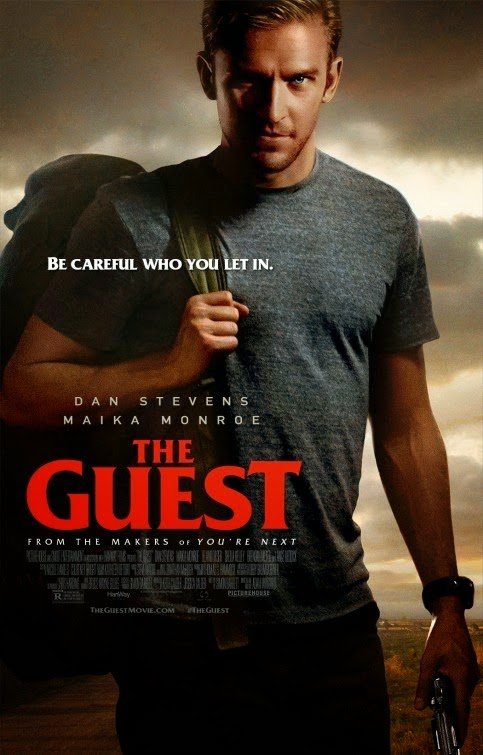It wasn’t
sometime ago that Ubisoft invited us to help strut the streets of
ground-breaking Paris, and now, after what seems like the shortest of short
interludes, Assassin’s Creed is back for episode nine associated with its
shanking simulator.
Reaching
this heady figure is a result of mind-boggling success (Creed sales statistics
make Catholicism look small), however age has also brought the franchise into
an awkward phase of life. Unity featured the series' most resplendent
environment currently but also suffered a more mixed reception than most of its
kin. For some, London hogged the limelight, leaving the game’s other elements
to languish within the shadows.
After
sitting yourself down to absorb a host regarding in-game footage and getting
our mitts a limited demo, one thing become clear right away - you’re missing
out if you don’t hop on a horse and carriage.
Syndicate is
the primary AC game to take autos seriously and London, as you'll expect, is
teeming with them.
In many
ways, horse power changes the head of what we know as Assassin's Creed by
making use of ‘the GTA effect’, ie time spent throwing unsuspecting drivers
using their company vehicles and speeding away only to repeat the whole process
again if the inevitable police chase has diminished your carriage to tatters.
Throughout
the test we discover Jacob black, one of many game's key protagonists regarding
his double Evie, sneaking in relation to on top patio of any coach, ducking for
deal with so that you can shake off legislation. They leaps from the coach to a
moving past carriage, putting it's drivers towards the floorboards and also
darting apart unbeknownst in order to his or her pursuers.
With
Assassin's Creed Syndicate, automobiles are usually physical, mountable parts
of the earth, and also Ubisoft hope that they will provide very same enough
opportunities for problem resolving since the remainder in their toolset.
And also
this, obviously, creates Assassin's Creed to become more over the top (and
gently ridiculous) than in the past. As the online video media remains, we
likewise discover Jacob black stand atop a going carriage and also flames his
or her pistol with ease at assailants along with determine reliability as his
or her farm pets running as a result of stable metallic lamp-posts.
It really is
just about all a lttle bit Indy Jones, but the bursts involving frivolity and
also physics-propelled excitement give a lively zest towards the chases that we
have not seen in some time.
Carriages
are just the start of Syndicate's transport revolution: there can also be a whole
train network to explore and also a constantly shifting fleet of ships drifting
across the Thames.
All these
elements, in the 37 bus to Hackney towards cargo hauler making its way over the
polluted sludge, are systemic, and section of a complex ecosystem. Traffic
arises organically, trains spawn according to a realistic set of timetables,
and horses, rather than simply stopping when someone lets go on the reins, will
continue to work forward intelligently, avoiding obstacles. Great effort has
expended on turning the vehicle systems of Syndicate into a living, breathing,
set of interacting systems with that this player can interfere.
The
developers are confident the addition of collision physics, autonymous
vehicles, and of course, a city stuffed with police, taxis, tradesman, and
gangsters with their own agenda (or at the least an NPC brain that is capable
of greater than 'you stab me - I stab you'), will create the kind of
multi-layered emergent player experiences of which other open world games so frequently
boast.
During our
visit we saw evidence of this, as small fistfights progressed into a complex
series of chases and games of cat and computer mouse that, unscripted and
spontaneous, did actually flow naturally from the game's now vast number of interlocking
systems.
Providing
player choice is, however, a double-edged sword, as it requires huge number of
manpower in development, possibly leaving other elements to languish. Another
highlight is the issue of feature bloat to take into account; Assassin's Creed
is already some sort of feature-heavy title; could the addition of another
facet be more than the game all together can bear?
The way
effectively Syndicate responds to these kinds of criticisms depends entirely on
its capacity to assimilate the last nine a few months of player feedback. In
Arno's getaway, the combat wasn't generally properly received, with players
citing sluggishness as well as drawn-out skirmishes as incongruent while using
true AC experience.
Jacob as
well as Evie won't, by the appear of things, be playing with the same rulebook.
Swordplay in revolutionary France is really a gentleman's game played well
away, whereas the world which the actual Frye twins inhabit is one among short
blades, concealed guns, and knuckledusters towards the groin.
From our
first glimpse with the twins in action the adjust of pace immediately makes by
itself known - Jacob and Evie usually are up their combatants' faces regularly
with fists and daggers, pulling their opponents about, swinging all of them
around, and applying short, sharp disables that leave their opponents in a
pile.






